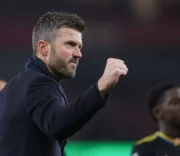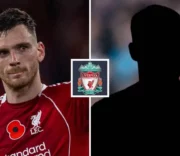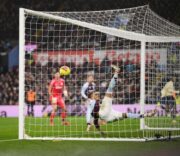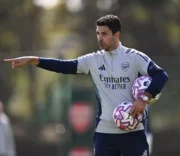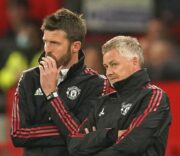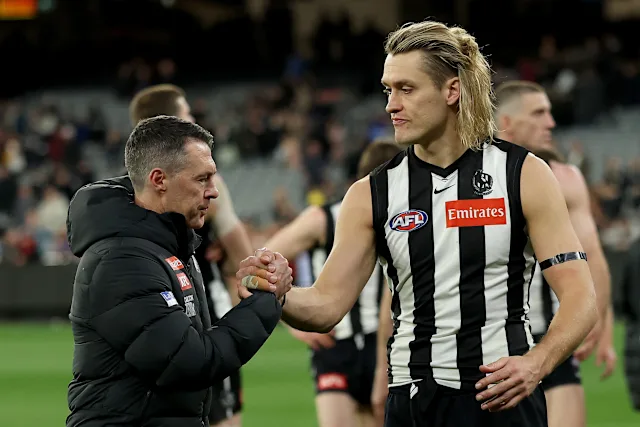
If you turned up at Celtic Park this week the scene might feel like time travel. Martin O’Neill is back as interim boss two decades after his first spell, following Brendan Rodgers’ abrupt resignation. Dermot Desmond’s forthright statement stole headlines, yet the real question for supporters is what comes next on the pitch.
Why Rodgers walked and how the squad fell short
Celtic announced a resignation, then Desmond doubled down and challenged Rodgers’ version of events. Since the summer Rodgers had voiced frustration with recruitment and the quality of arrivals. Key attackers moved on or were unavailable and only three summer signings started the loss to Hearts. The campaign has stuttered with points dropped in four league games and a Champions League exit, which deepened the sense of an unfulfilled squad.
Should this group still be doing better
Recent form has been below the level shown in February when Celtic came within seconds of a landmark European result. Since then the team have failed to win almost half of their matches. Market values suggest Celtic possess far more resources than domestic rivals, so expectations remain higher than performances delivered in recent weeks.
O’Neill and Maloney focus on results now
Celtic again turned to the past for a short-term fix. O’Neill, joined by Shaun Maloney, takes the dugout for Falkirk’s visit. The 73-year-old owns the best win rate in club history and knows the demands. He says the role is temporary and the task is simple. Win quickly and change the mood rather than chase nostalgia.
Short runway, big fixtures, bigger decisions
Victory over Falkirk would steady nerves ahead of a Premier Sports Cup semi-final with Rangers at Hampden. Remarkably, both Old Firm clubs have changed managers within the same season. Names like Craig Bellamy, Kieran McKenna and even Ange Postecoglou are already floated for the long-term post. For players the focus is the present. Two wins this week would dry the storm clouds. What happens after that may need a DeLorean to predict.






